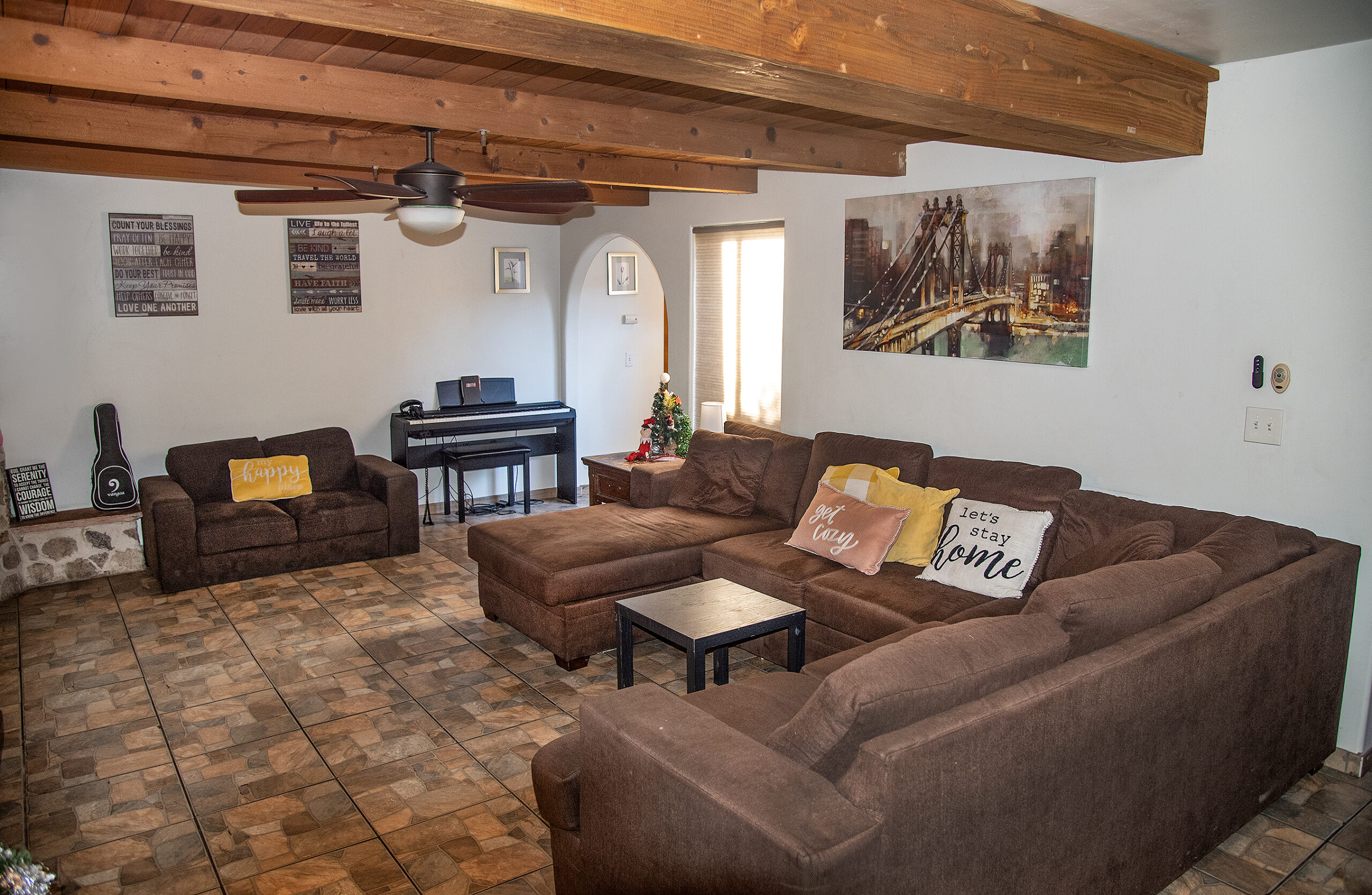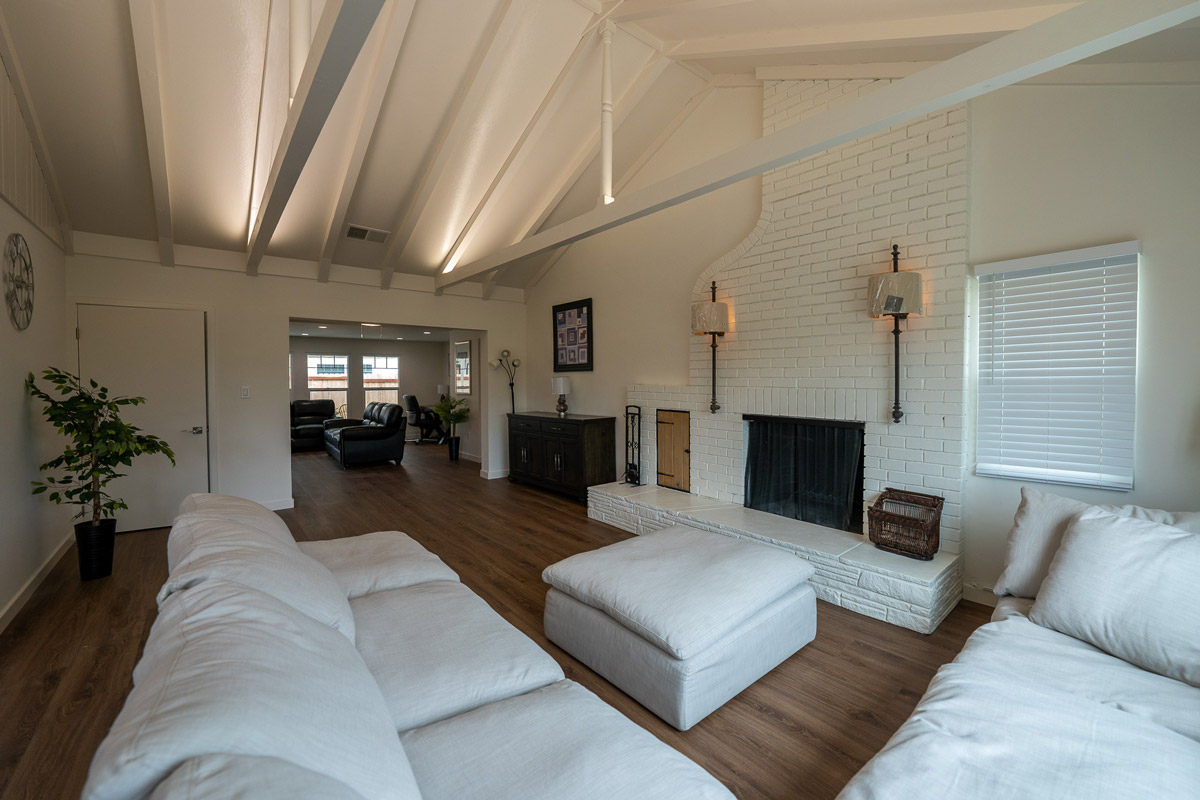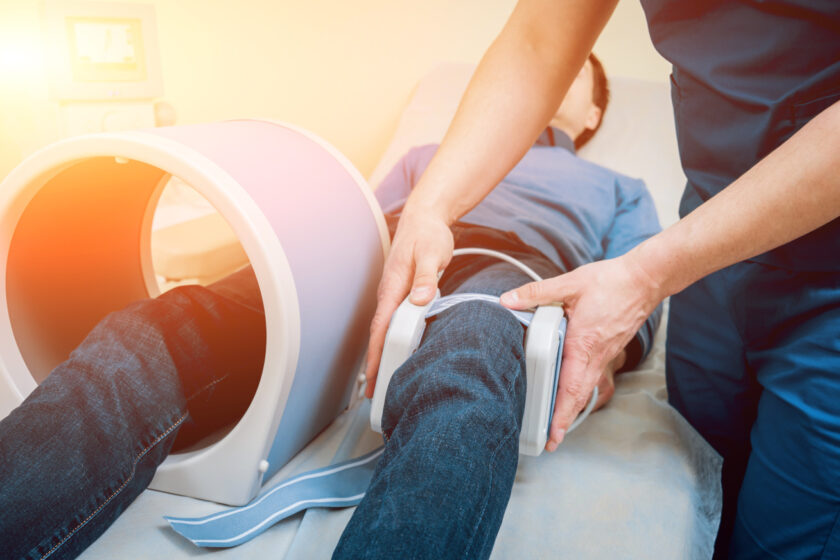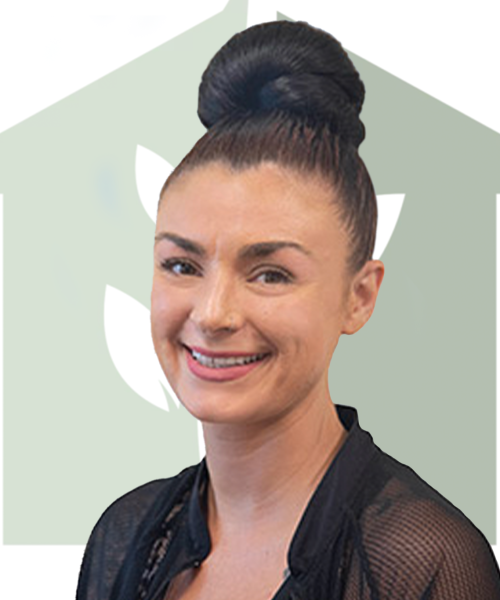Permanent Supportive Housing (PSH) is a vital solution for individuals in San Diego who struggle with chronic homelessness, disabilities, or other significant challenges. PSH combines stable, long-term housing with essential support services to help people regain independence and improve their quality of life.
This guide will cover everything you need to know about Permanent Supportive Housing in San Diego, including how it works, who qualifies, some available programs, and how to apply.
What Is Permanent Supportive Housing?
Individuals looking for on-site residential support may wonder: what is permanent supportive housing, who is it for, and is it right for them? Permanent Supportive Housing (PSH) is a long-term housing solution designed for people experiencing chronic homelessness, disabilities, or other serious challenges. It combines affordable housing with supportive services to help individuals live independently while getting the assistance they need.
PSH is different from temporary shelters or sober living housing. It provides stability with no time limits, ensuring that residents have a safe and secure place to live while receiving ongoing help with medical care, mental health support, substance use recovery, and job training.

Who Qualifies for Permanent Supportive Housing in San Diego?
To qualify for Permanent Supportive Housing in San Diego, individuals usually need to meet specific criteria, such as:
- Experiencing chronic homelessness (homeless for a year or more or multiple times in the past few years)
- Having a diagnosed disability (mental illness, physical disability, substance use disorder, or other medical conditions)
- Low or no income
- Being a veteran or part of another vulnerable group
People who meet permanent supportive housing eligibility requirements can go through a referral system that connects them to services and eventually places them in housing.
How Does Permanent Supportive Housing in San Diego Work?
“Housing First” Approach
San Diego follows the Housing First permanent supportive housing model, which prioritizes getting people into stable housing before addressing other needs. Instead of requiring individuals to be sober or employed first, Housing First provides housing immediately, along with optional support services.
Types of Supportive Services
Residents in a Permanent Supportive Housing program often receive:
- Case management
- Mental health services
- Substance use counseling
- Medical care
- Life skills training
- Job placement assistance
These services help individuals maintain their housing and improve their overall well-being.
Find Permanent Supportive Housing Programs in San Diego
As homelessness spikes across the city, the need for Permanent Supportive Housing in San Diego is growing. Several organizations and agencies offer PSH and other types of affordable mental health housing in San Diego. Some of the main providers include:
San Diego Housing Commission (SDHC)
SDHC partners with local agencies to provide PSH vouchers and funding for new supportive housing developments.
Father Joe’s Villages
This organization offers long-term housing with case management, medical care, and employment support.
PATH San Diego
People Assisting The Homeless (PATH) helps individuals transition into stable housing with continued support.
Alpha Project
Provides PSH units along with mental health and addiction recovery services.
Community HousingWorks
Develops affordable housing communities with built-in supportive services for those in need.
Apply for Permanent Supportive Housing in San Diego?
Applying for PSH typically involves the following steps:
- Get Assessed – Contact a local homeless service provider or outreach program to complete a housing assessment. This helps determine eligibility and priority level.
- Enter the Coordinated Entry System (CES) – San Diego uses CES to match individuals with available housing and services.
- Wait for Housing Placement – Due to high demand, there may be a waitlist before a unit becomes available.
- Move-In and Receive Support – Once placed, residents receive ongoing case management and assistance.
Challenges and Availability of PSH in San Diego
San Diego faces a high demand for PSH, making it difficult for everyone who qualifies to get housing immediately. Some challenges include:
- Limited Housing Units – The number of available PSH units is not enough to meet demand.
- Funding and Resources – Programs depend on government grants and donations, which can fluctuate.
- Long Waitlists – Due to an increase in Permanent Supportive Housing applications, many individuals experience long waiting periods before securing housing.
Efforts are being made to increase PSH availability through new housing developments and increased funding for support programs.
Support Permanent Supportive Housing Programs in San Diego?
If you want to help expand PSH in San Diego, consider:
- Donating to organizations that provide supportive housing
- Volunteering with outreach teams or support services
- Advocating for policies that increase affordable housing and services

Secure Permanent Supportive Housing
Permanent Supportive Housing in San Diego is a crucial solution for people experiencing chronic homelessness and disabilities. It provides stable, long-term housing combined with essential services to help individuals rebuild their lives.
Although challenges exist, ongoing efforts continue to expand access to these critical housing options. If you or someone you know needs assistance, reaching out to local service providers is the first step toward securing supportive housing.
Finding Mental Health Housing in San Diego
If PSH isn’t available, or if you’re looking for a different type of supportive housing in San Diego, Experience Structured Living provides a customized living experience for those with mental health conditions in San Diego. We offer safe and staff-supported housing, helping our residents reacclimate into independence. Our model focuses on activities of daily living, independent living skills, medication management and work development. Reach out to us today if you’re looking for immediate housing supported by a professional team. We’re here to help.
FAQs About Permanent Supportive Housing in San Diego
Is Permanent Supportive Housing in San Diego free?
No, but it is highly subsidized. Residents typically pay 30% of their income (if they have any) toward rent. The rest is covered by government funding or grants.
Can families access Permanent Supportive Housing in San Diego?
Yes, some PSH programs in San Diego serve families, though many focus on individuals with disabilities or chronic homelessness. Family-specific programs may have different eligibility criteria.
Can someone with a criminal record qualify for Permanent Supportive Housing in San Diego?
Yes, people with criminal records can qualify, but certain serious offenses (such as sex offenses or violent crimes) may limit eligibility for specific housing programs.
How long can someone stay in Permanent Supportive Housing in San Diego?
There is no time limit for staying in PSH. As long as residents comply with lease agreements and program rules, they can stay indefinitely.
What is the difference between Permanent Supportive Housing and Section 8?
Section 8 provides rental vouchers for low-income individuals and families, while PSH includes housing and supportive services for those with special needs. However, both programs subsidize rent for beneficiaries.
Are there restrictions on where Permanent Supportive Housing is located in San Diego?
PSH units can be in dedicated buildings or scattered-site apartments across San Diego. Availability depends on funding, partnerships, and zoning laws. You can use the search term permanent supportive housing near me to find properties in your area.
Can someone apply for Permanent Supportive Housing in San Diego directly?
No, individuals must go through a referral and assessment process, typically through the Coordinated Entry System (CES), to determine eligibility and placement.
Does Permanent Supportive Housing in San Diego help with job placement?
Yes, many PSH programs offer employment support, job training, and resources to help residents gain financial independence.
What happens if someone loses their housing in a PSH program?
If a resident struggles to maintain housing, case managers work to provide solutions and prevent eviction. If housing is lost, they may need to re-enter the Coordinated Entry System (CES) to seek placement again.

Dr. Melden earned his Doctorate in Osteopathic Medicine at Philadelphia College Osteopathic Medicine and went to USC Presbyterian Hospital for his residency in Family Medicine. He then completed his Psychiatric residency at the University of California, Irvine and went to UCSD Geropsychiatry pursuing a fellowship. Dr. Melden has over 14 years of experience as a clinician specializing in treating child and adolescent, adult and geriatric clients. He has devoted his life to psychiatry in a variety of different treatment settings including in- patient and out-patient environments. He specializes in the psychiatric evaluation, complementary therapy approaches, and medical management of individuals suffering from mental illness. Currently, he maintains a private practice with Crownview Medical Group in Coronado and Carlsbad, California where he is CEO/President.





